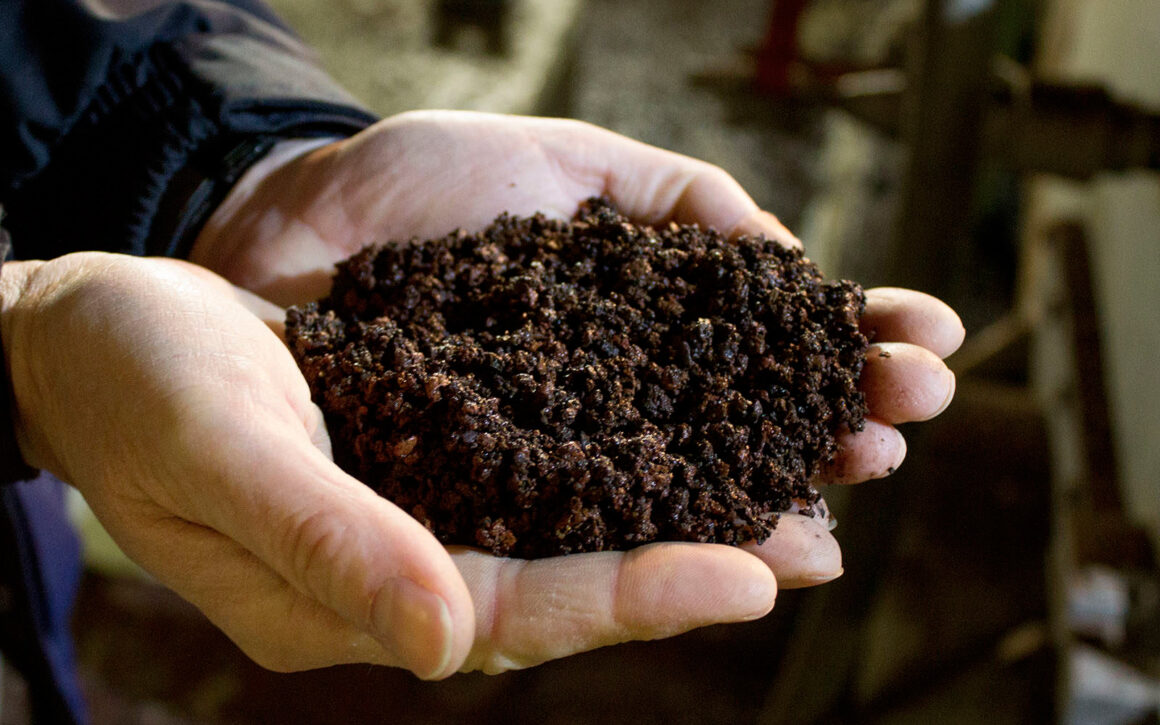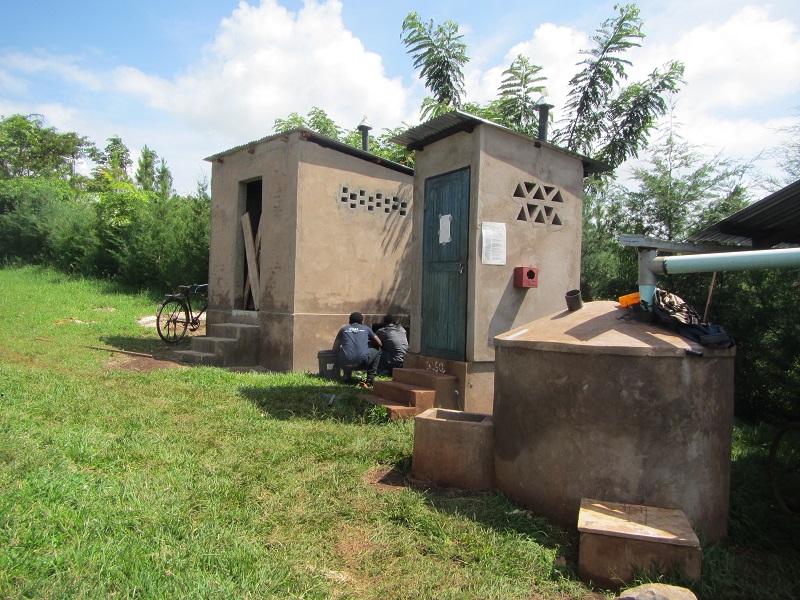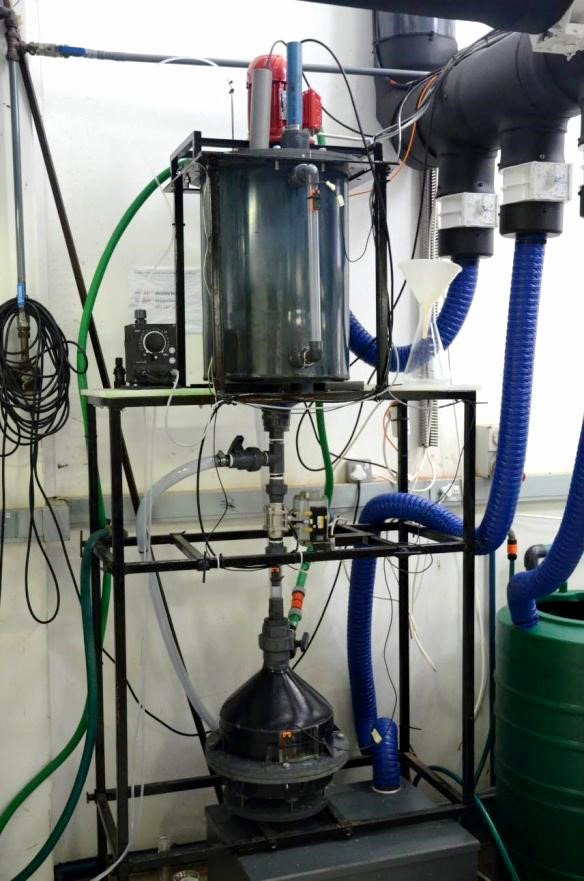Roots for Change attended the 9th International Phosphorus Workshop (IPW) in Zurich. The IPW is one of the most respected international conferences treating the complex issue of global phosphorus cycles. Phosphorus is a basic element for plant growth and therefore for global crop production. To date, it is mined from fossil sources that are likely to get scarce due to contamination with heavy metals and their geopolitical distribution. At the same time, Phosphorus from agriculture causes severe damage to aquatic ecosystems, especially in high livestock density areas. Consequently, the IPW focuses also on sustainable phosphorus use, including reuse of societal waste phosphorus, and efficient phosphorus use in crop and livestock production.
The 9th IPW has taken place at ETH Zurich in Switzerland from July 8. to 12. 2019.
A huge diversity of presentations shed light on the different subjects of the complex issue. Besides this, the participants – predominantly researchers – also identified synergies and common aims of their specific working areas during two extensive workshop sessions. Several presentations at the IPW 9 treated the issue of recovering phosphorus for fertilizers from sewage sludge (picture 1) or struvite from source-separated toilets (picture 2). Low-technology solutions for phosphorus recovery were almost lacking, as there was a focus on industrialized countries. For our work, Ariane Krause from the Leibnitz Institute of Vegetable and Ornamental Crops held a presentation about a very promising project. The Casa project was a collaboration between Engineers without Borders Berlin, the MAVUNO project (NGO) and the Technical University Berlin. With the casa project, a simple solution to improve the phosphorus cycle at the household level was implemented. Solid wastes from a urine-diverting toilet system (picture 3) were heat-treated and then composted to be further used as an organic fertilizer or used as a substrate for the production of biochar to improve soil-organic C contents. The casa system is a very sustainable solution to close the nutrient cycle while at the same time proposes an easy handling of wastes with a potential health and environmental risk. It uses very low technological structures and is therefore promising to be implemented as collaborative communally organized infrastructures to gain independency from industrial products like mineral fertilizers or wastewater treatment products.







Leave a Reply